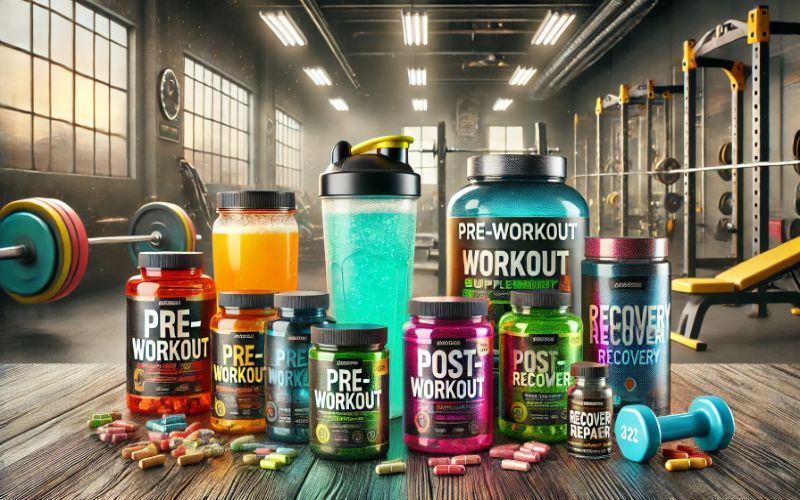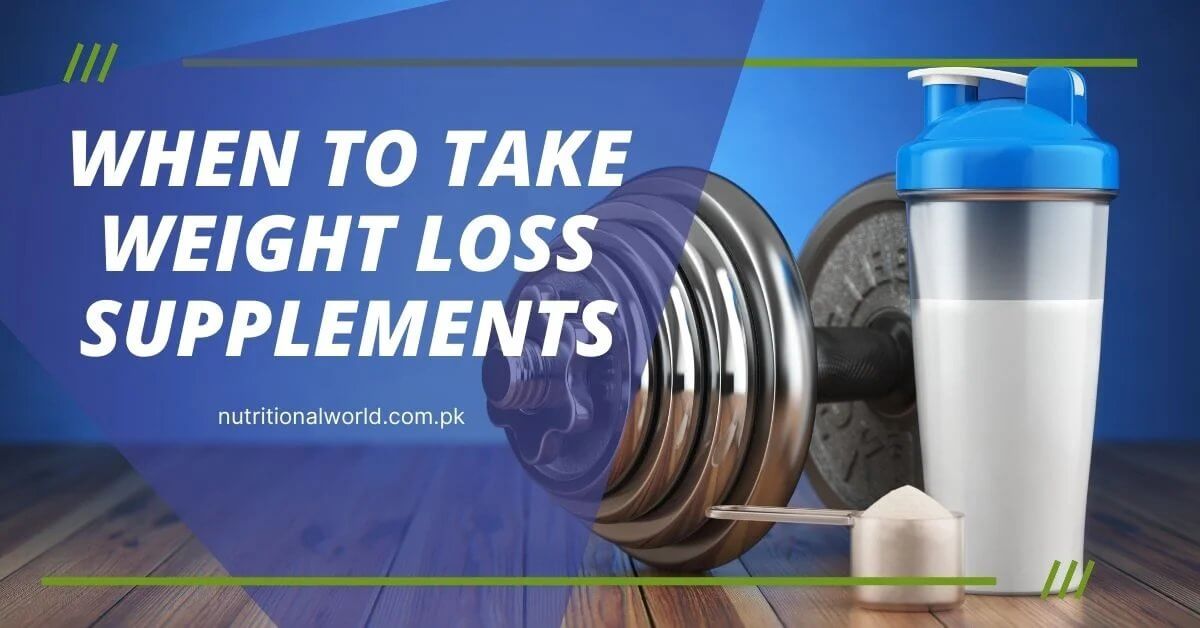In the realm of fitness and athletic performance, supplements play a pivotal role in enhancing outcomes. Among the myriad options available, pre-workout and post-workout supplements are particularly prominent. Understanding their distinct purposes, ingredients, and benefits is essential for optimizing your fitness regimen.
Table of Contents
Understanding Pre-Workout Supplements
Pre-workout supplements are designed to be consumed before engaging in physical activity. Their primary objective is to augment energy levels, improve focus, and elevate overall performance during workouts. These supplements often come in powder or capsule form and are formulated to prepare the body for the demands of exercise.
Key Ingredients in Pre-Workout Formulas
Common constituents of pre-workout supplements include:
- Caffeine: A central nervous system stimulant that enhances alertness and reduces perceived exertion.
- Beta-Alanine: An amino acid that helps buffer lactic acid accumulation, delaying muscle fatigue.
- Creatine Monohydrate: Supports ATP production, providing immediate energy for high-intensity activities.
- Nitric Oxide Precursors (e.g., L-Arginine, L-Citrulline): Promote vasodilation, improving blood flow and nutrient delivery to muscles.
Benefits of Pre-Workout Supplements
The advantages of incorporating pre-workout supplements into your routine encompass:
- Enhanced Energy Levels: Increased stamina allows for more intense and prolonged workouts.
- Improved Mental Focus: Heightened concentration aids in maintaining proper form and maximizing effort.
- Delayed Onset of Fatigue: Ingredients like beta-alanine help sustain performance by reducing muscle tiredness.
- Increased Strength and Power Output: Compounds such as creatine contribute to greater force production during exercises.
Understanding Post-Workout Supplements
Post-workout supplements are intended for consumption after exercise sessions. Their main purpose is to facilitate recovery, replenish depleted nutrients, and support muscle repair and growth. These supplements are crucial for restoring the body’s equilibrium following the stress of physical exertion.
Key Ingredients in Post-Workout Formulas
Typical components found in post-workout supplements include:
- Protein (e.g., Whey, Casein): Supplies essential amino acids necessary for muscle protein synthesis.
- Branched-Chain Amino Acids (BCAAs): Leucine, isoleucine, and valine aid in reducing muscle soreness and promoting recovery.
- Carbohydrates: Replenish glycogen stores depleted during exercise, restoring energy levels.
- Electrolytes (e.g., Sodium, Potassium): Replace minerals lost through sweat, maintaining hydration and muscle function.
Benefits of Post-Workout Supplements
Incorporating post-workout supplements offers several benefits:
- Accelerated Recovery: Timely nutrient intake aids in quicker muscle repair and reduces downtime between workouts.
- Reduced Muscle Soreness: BCAAs and proteins help alleviate delayed onset muscle soreness (DOMS).
- Glycogen Replenishment: Carbohydrates restore energy reserves, preparing the body for subsequent training sessions.
- Enhanced Muscle Growth: Adequate protein intake supports hypertrophy and strength gains.
Choosing the Right Supplement for Your Fitness Goals
Selecting between pre-workout and post-workout supplements depends on individual objectives and training demands. If your aim is to boost performance, increase energy, and improve focus during workouts, pre-workout supplements may be beneficial.
Conversely, if recovery, muscle repair, and growth are your priorities, post-workout supplements are more appropriate. It’s important to assess your specific needs, consult with a healthcare professional, and consider any underlying health conditions before incorporating supplements into your regimen.
Comparison Table: Pre-Workout vs. Post-Workout Supplements
| Aspect | Pre-Workout Supplements | Post-Workout Supplements |
| Timing | Consumed 30-60 minutes before exercise | Consumed within 30 minutes to 2 hours after exercise |
| Primary Purpose | Enhance energy, focus, and performance during workouts | Facilitate recovery, replenish nutrients, and support muscle repair and growth |
| Common Ingredients | Caffeine, beta-alanine, creatine monohydrate, nitric oxide precursors | Protein (whey, casein), BCAAs, carbohydrates, electrolytes |
| Benefits | Increased stamina, improved concentration, delayed fatigue, enhanced strength and power | Accelerated recovery, reduced muscle soreness, glycogen replenishment, muscle growth |
| Considerations | May cause jitters or insomnia if sensitive to stimulants; ensure proper hydration | Monitor protein and carbohydrate intake to align with dietary goals; consider lactose intolerance with whey protein |
Conclusion
In conclusion, both pre-workout and post-workout supplements offer unique advantages that can complement your fitness journey. By understanding their distinct roles and benefits, you can make informed decisions that align with your personal goals and enhance your overall performance and recovery.


























